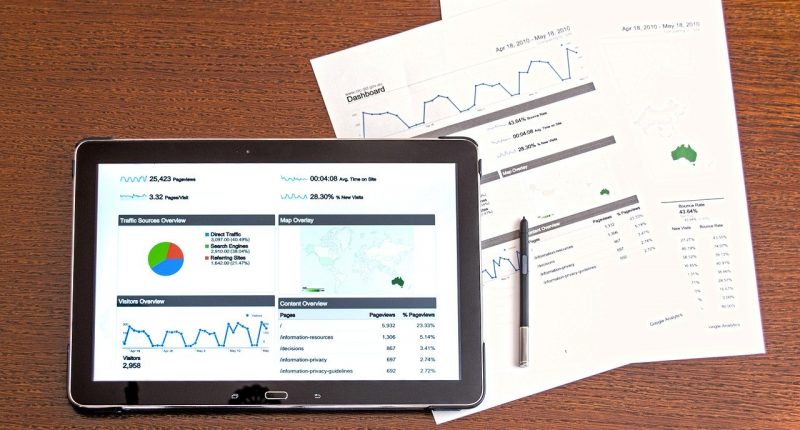In today’s day and age, paper documents are slowly becoming a scarce occurrence.
Whether we work with governmental institutions, service suppliers, businesses, or customers, we tend to use electronic documents that we vouch for using various electronic signatures. However, this wouldn’t have been possible without the PDF format (Portable Document Format).
The format was developed by Adobe in 1993 in order to allow users to exchange documents without worrying about the format. Due to PDF, you can send a PowerPoint Presentation (PPT converted to PDF) to anyone you want without worrying that the graphic elements will get scrambled if the receiver doesn’t have the right version of MS Office.
The same goes for any other type of document that’s saved as PDF. The format locks the elements in place and makes it easy to create and share detailed eBooks, presentations, reports, and more.
But there’s a downside – you can’t edit the information as easily and it’s more difficult to get the data out of the document. This is why every business should have access to a reliable PDF converter (to and from) and also why today we’ll discuss the benefits of such a tool.
Data Entry Applications
Many small companies, organizations, and even individuals use Excel to organize their data. As such, whether you’re doing a projection analysis, putting together a pie chart, or just making the family budget, Excel is a fantastic tool in your kit.
But it has one flaw – data entry (especially manual) can be boring and time-consuming. Luckily, the platform allows data import from other file formats (like text or CSV) but it can’t do the same with PDF files.
In this case, you will need a tool to convert PDF to Excel without damaging the data or the structure of the data set. You also need to worry about privacy, since most converters are online.
Supports a Smooth Workflow Management
We have to admit that businesses, regardless of size, rely heavily on documentation. Each department receives, produces, and processes a constant flow of electronic documents that keep the workflow going smoothly.
Since the flow of documents is constant (and increasing), corporations use electronic management systems to keep track of each document and decide on access rights and sharing capabilities.
But not all documents are available in the same format. Some will be in .docx, some in .xlsx, some will be images, and some will be PDFs. So, to make sure that the data is easily shareable and accessible, companies also rely on converters that can be used to safely change the formats and keep the information intact.
Supports Better Documents Security
PDF documents are easy to secure against editing and copying, which is why it’s such a popular format. It allows users to send read-only documents (like contracts, writing samples, business proposals, and more) and trust that the receiver won’t be able to replicate the information.
As such, a PDF converter is a great way to secure documents and safely store them away for later use.
Wrap Up
As more and more businesses go paperless, the PDF document is making more of a name for itself. However, this also means that businesses must look for a reliable converter tool that will allow data extraction from these types of documents. Otherwise, the efficiency of the PDF format drops as it would be difficult to use and process the information in various other formats.




